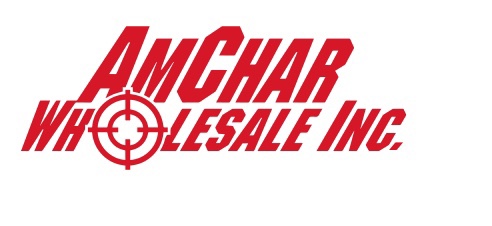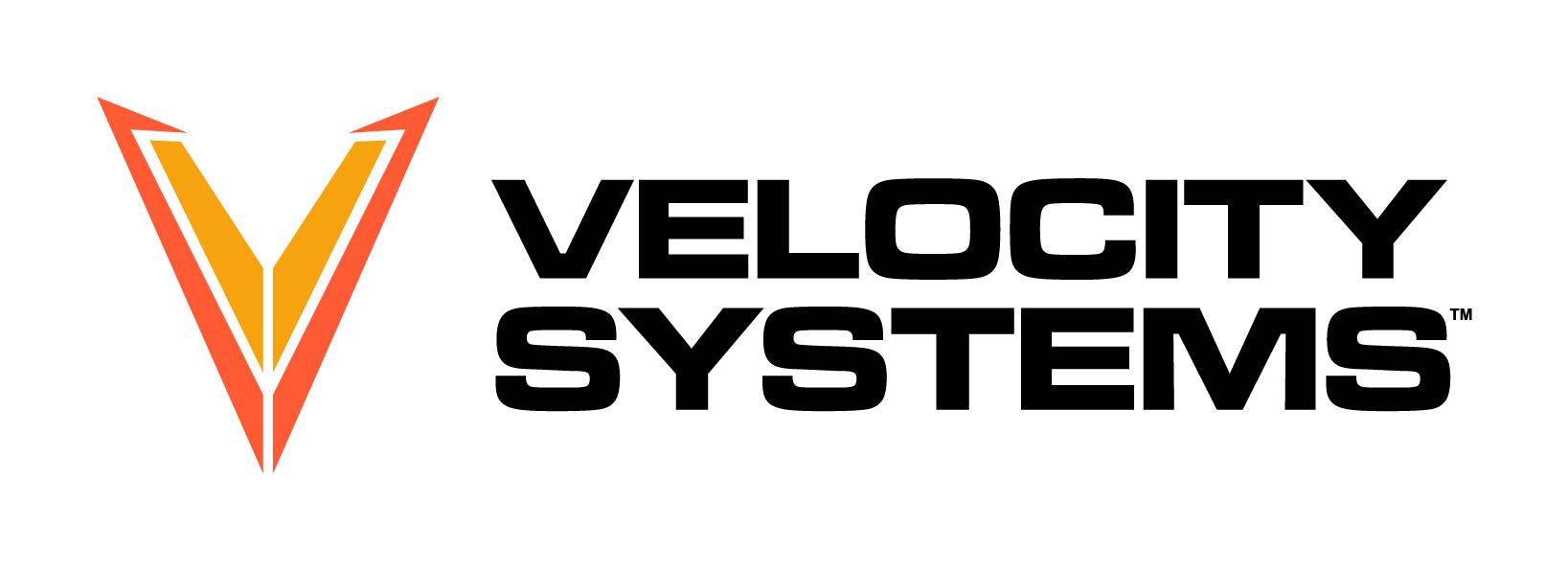Centralia, WA: ZEV Technologies today announced its Chief Executive Officer Matt Ridenour will be leaving the company to become a partner in the investment banking firm, Ascendant Advisory Group. He will maintain his seat on the Board of Directors and remain involved in advising the company. The Board has appointed Chief Operating Officer Mike Hefner to the role of President, where he will continue to lead the ZEV team and oversee operations while adding responsibility for ZEV’s strategy and direction.
“We are grateful for Matt’s leadership over the past six years and feel that he has put us on a strong path for continued future growth,” said Alec Wolf, ZEV’s founder and Chief Technology Officer.
Ridenour commented, “ZEV has put in place an amazing leadership team that is firing on all cylinders. The timing felt right for me to transition the daily leadership of the company. As a continuing shareholder of ZEV, I have great confidence in the team’s ability to continue ZEV’s trajectory.”
“We appreciate Matt’s leadership through this transition, and his ongoing guidance will be an asset to the Board of Directors. We have been very impressed with how effective Mike Hefner has been within the organization thus far and are confident in his abilities and excited to have him continue to drive the business forward,” said Board member Steve Reich.
Since joining ZEV in 2014, Hefner has been instrumental in all aspects of the business and spearheaded the integration of MEGA Arms and relocation of ZEV’s headquarters from Oxnard, CA, to Centralia, WA. Before ZEV, Hefner spent 24 years with the United States Army Special Operations Command, retiring as a Sergeant Major. Most of his career was as an Operator in a TIER 1 unit; his last five years of service were in weapons RDT&E and Acquisitions.




















































































































